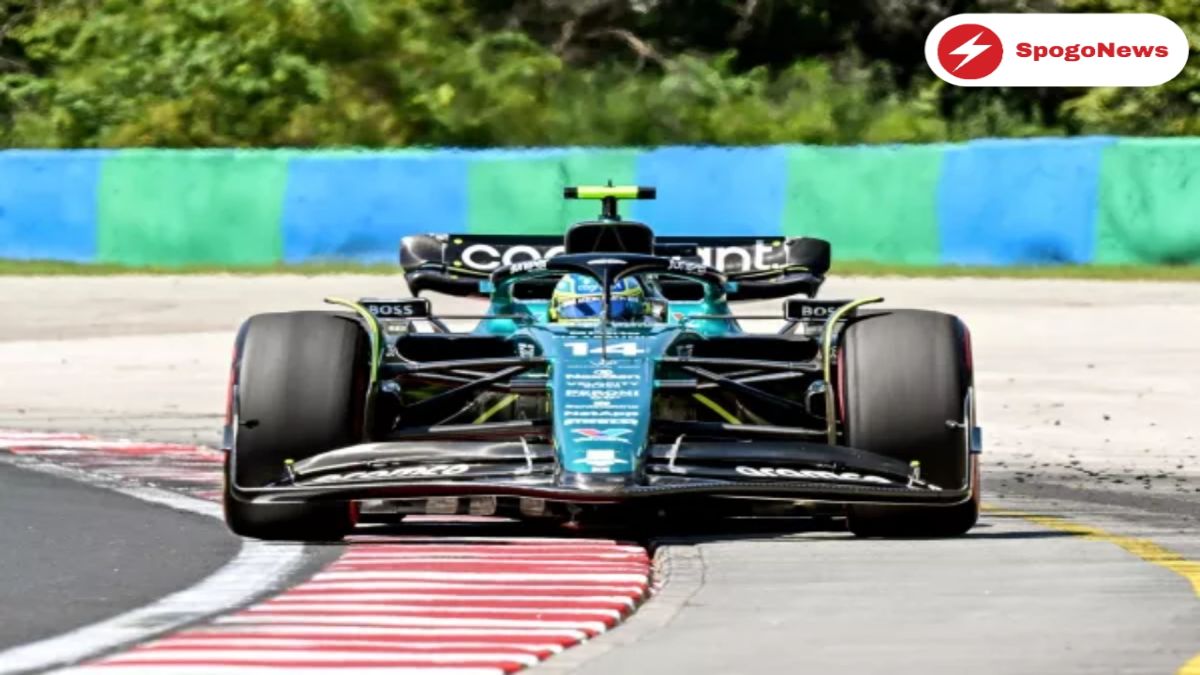(Motorsports news) According to high-level sources, the F1 Commission meeting that will take place during the Belgian Grand Prix next week will now include cover the subject of engine equalization. According to what is known, the problem was brought up after the FIA examined the effectiveness of the present powertrains and was motivated by worries expressed by the French manufacturer Alpine that their Renault engine lagged behind competitors.
According to certain sources, Renault is 15 to 25 kilowatts (20 to 33 horsepower) underperforming other competitors based on an analysis of the performance of the various power units. Such a power imbalance is sufficient to potentially affect the Alpine team’s aspirations given the current minor performance gap between teams.
And it is especially painful for Renault because it is unable to make improvements in F1 because there are stringent restrictions on what can be modified with the power units due to the engine freeze that is in effect until 2025. According to the FIA technical regulations, power unit alterations are now only permitted “for the sole purposes of reliability, safety, cost savings, or minimal incidental changes.”
However, the FIA believes that there is evidence of performance discrepancies that have emerged, thus there is reason to consider taking action to assist. Engine equalization has been used in Formula One before; it was applied in the V8 era in 2007 to level the playing field after certain manufacturers had taken advantage of reliability changes to boost their own performance, potentially giving them an advantage.
It was determined that there would be no framework within the regulations to allow for equalization prior to the current F1 engine freeze, which went into effect in 2022, because it was thought that the performances were similar enough already.
It is unclear exactly how it will be accomplished if it is decided at the F1 Commission meeting that the issue of engine equalization needs to be looked at, as it is not a given that Renault would be given free licence to make changes.
When the FIA conducted a formal investigation into possible engine inequality back in 2009, the governing body stated at the time that any efforts to level things up would be focused on limiting the performance of the top power units.
“Following suggestions that there is a differential between the performance of engines used in F1, the World Motor Sport Council has decided that should this be the case, and should the teams wish to eliminate this performance differential, they may be allowed to do so by reducing the performance of the more powerful engines,” it was stated in a statement that was released following a meeting of the FIA’s World Motor Sport Council in September of that year.
In the end, there was no consensus on how to level the playing field, and the issue was dropped. In recent years, there have been various requests to level the turbo hybrids during times when Mercedes was ahead or Renault was behind, but the FIA has not responded to these requests.
Other significant issues up for discussion at the F1 Commission meeting in Belgium include whether or not to implement a blanket tyre ban and potential modifications to the structure of short race weekends.
Also read: Hungary F1 upgrading package is delayed by McLaren













